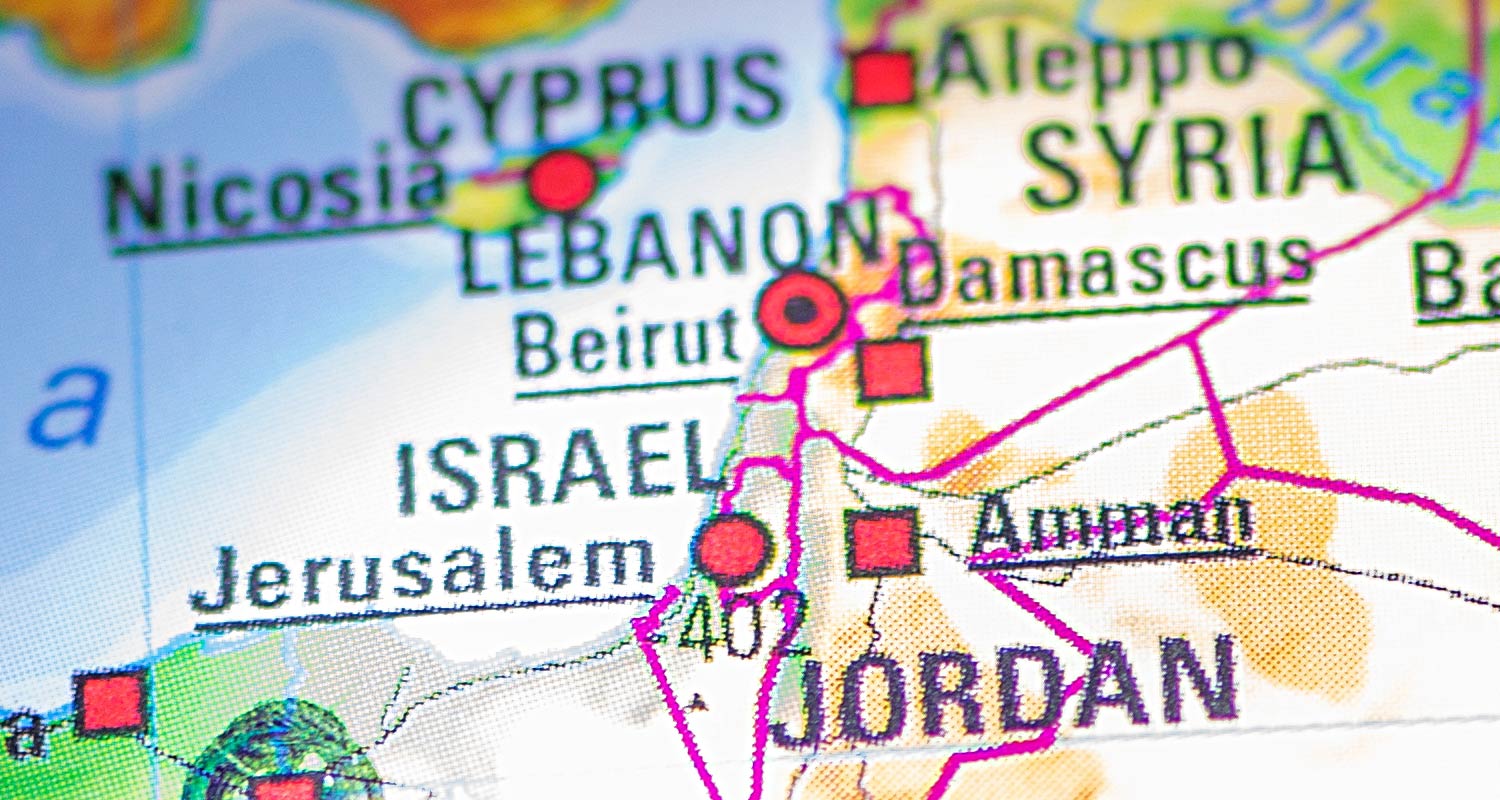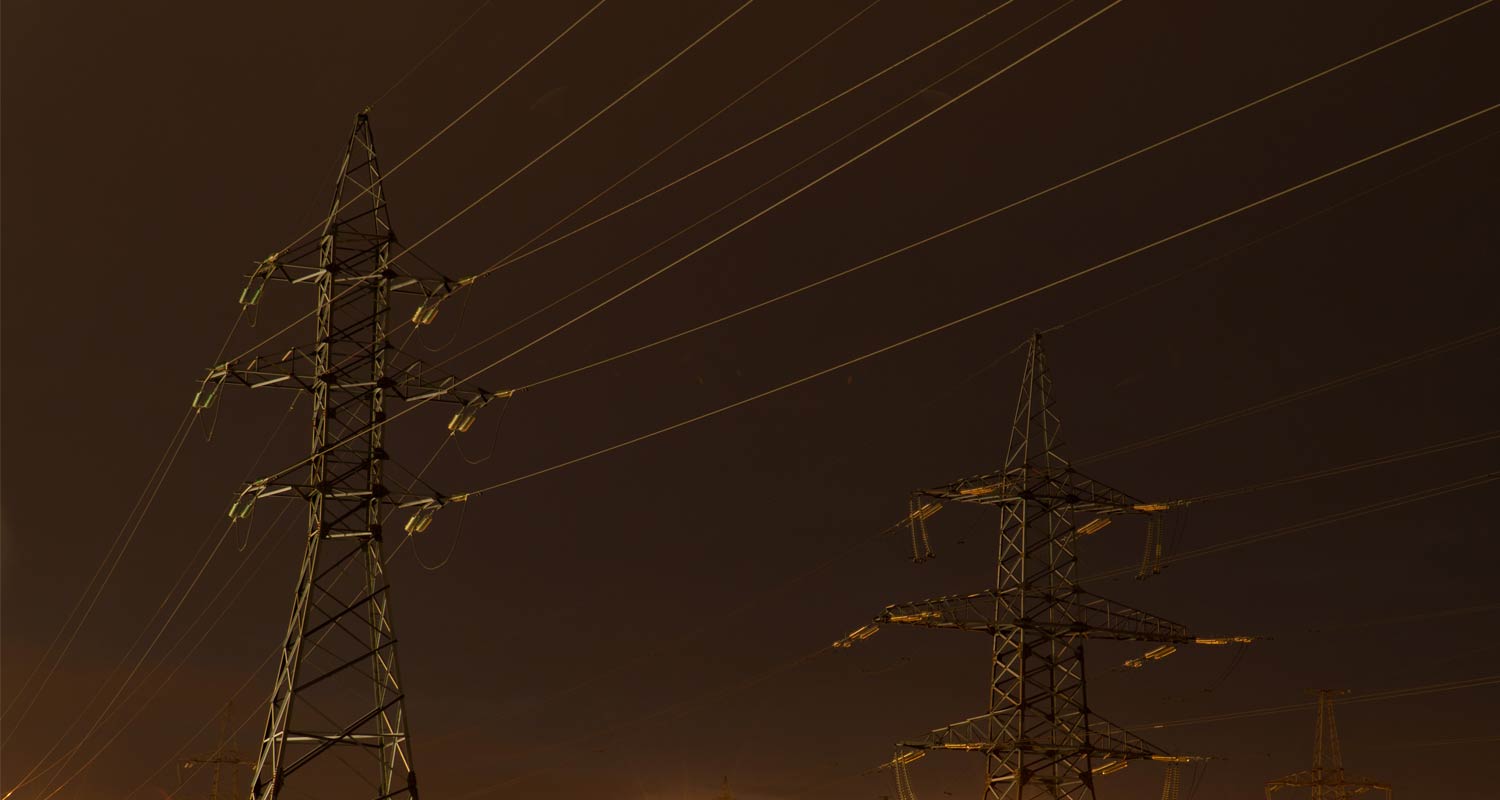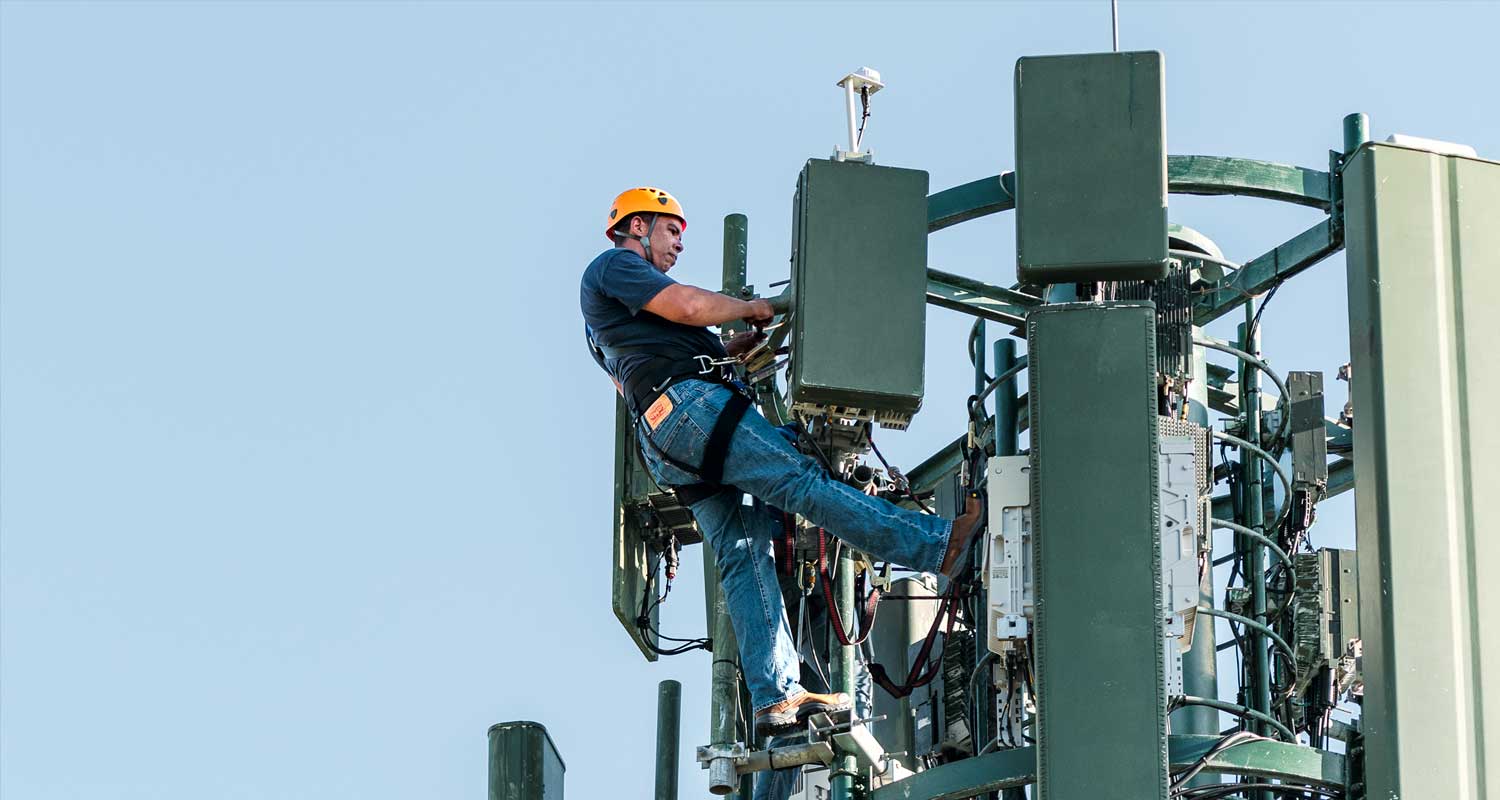The way AI has worked up to this point could be described as "thinking fast", as defined by Daniel Kahneman in his popular science book, Thinking, Fast and Slow (2011). The fast thinking, which he calls System 1, is that immediate reaction you have to a simple situation. For instance, complete the phrase: "Take it slow and smell the-" Your fast system should have filled in the blank without straining your neurons too much.
The popular large language models would also not have struggled with that question, coming up with "roses" pretty darn fast. (Conveniently, this also demonstrates exactly how a large language model works - it simply predicts the most likely next work based on what's gone before.)
Slow thinking, Kahneman's System 2, is reserved for planning, deep thinking, and analysing: pretty much everything that isn't a shoot-from-the-hip reaction. For instance, "Plan an article about OpenAI's new models" would result in System 2, or slow thinking. It immediately raises more questions: who is my audience? How technical are they? Will people worry that this is going to take their jobs? Is there a witty quote about that?
Historically, the AIs have been incredibly bad at this. That's been a good thing for job security for people like me who want to write articles or code applications, but it's been a bad thing for people like me who use AI in the applications, but can't get it to do what I want it to do.
OpenAI has also revealed some of the thinking process, where you can see how it breaks a problem apart. It would recognise the "How many words are in your answer?" as a paradox, come up with a plan to solve it (write out the answer, but leave a placeholder for the number), and then implement its plan.












